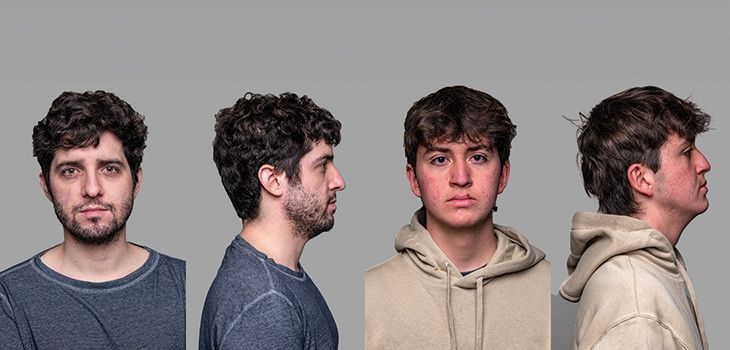
- Examines the case of R v Marsden and the ability of a co-accused to seek an adverse inference under s 34 of the Criminal Justice and Public Order Act 1994.
- Considers how a failure to mention a fact when questioned could be utilised at trial not only by the Crown, but also by a suspect seeking to strengthen the case against their co-defendant(s).
Those familiar with criminal trials will be all too aware of the dangers of a co-defendant instigating a ‘cut-throat defence’, where that co-defendant gives evidence on his or her own behalf in order to strengthen the prosecution case against a fellow accused. A co-defendant who was once an ally strays off course and puts the blame for the offending squarely at the feet of their co-accused in order to seek to exonerate themselves. But as the old adage goes, ‘There is more than one way





.tmb-mov69x69.jpg?sfvrsn=961ae4db_1)
95ca96e3d47f4eff8d147c4f0df17c77.tmb-mov69x69.png?sfvrsn=3db5d86b_1)

